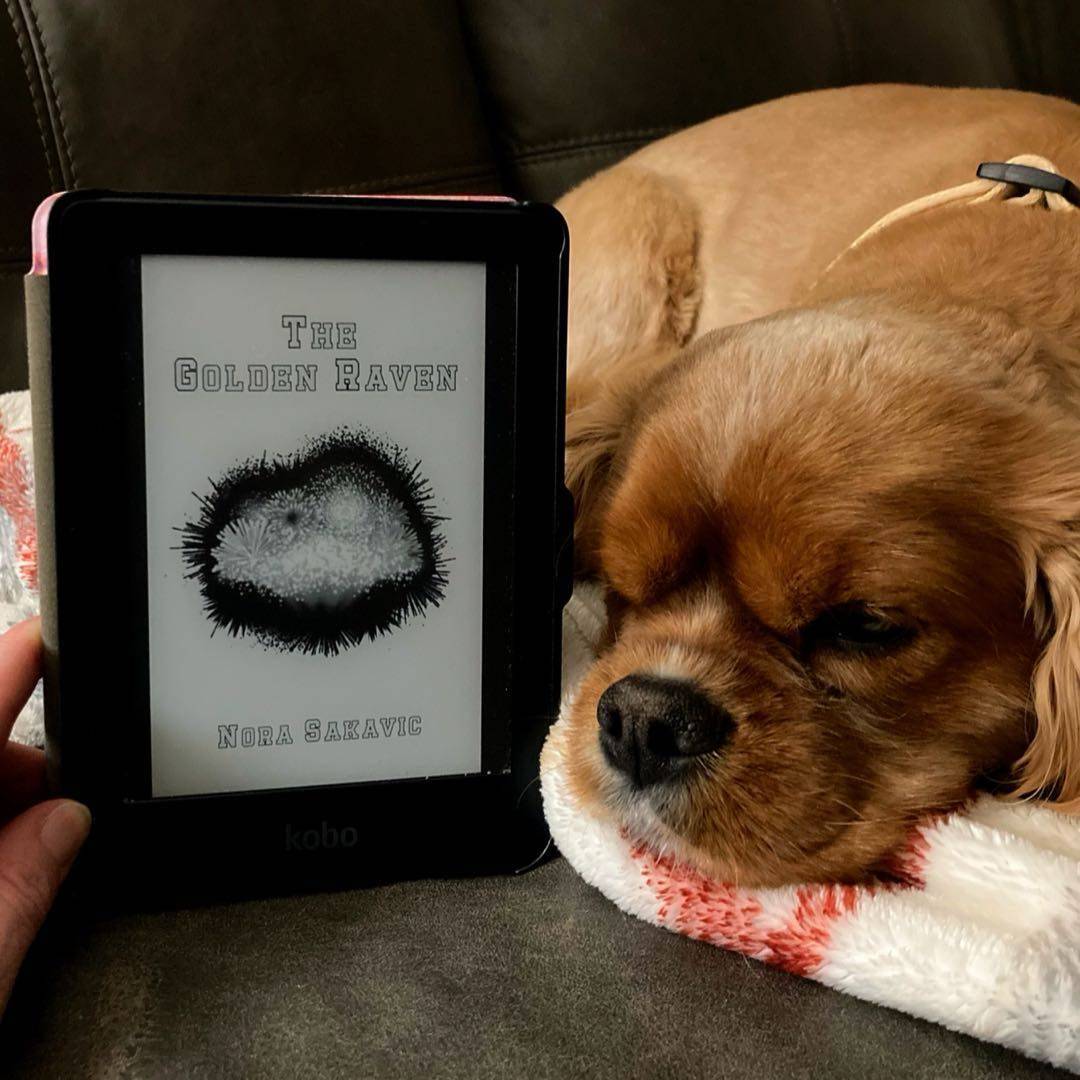
I finished THE GOLDEN RAVEN tonight and I have MANY EMOTIONS about Jean‘s healing journey and also how great it is when there‘s a bit with a dog.
Now begins the wait for the next book.

I finished THE GOLDEN RAVEN tonight and I have MANY EMOTIONS about Jean‘s healing journey and also how great it is when there‘s a bit with a dog.
Now begins the wait for the next book.
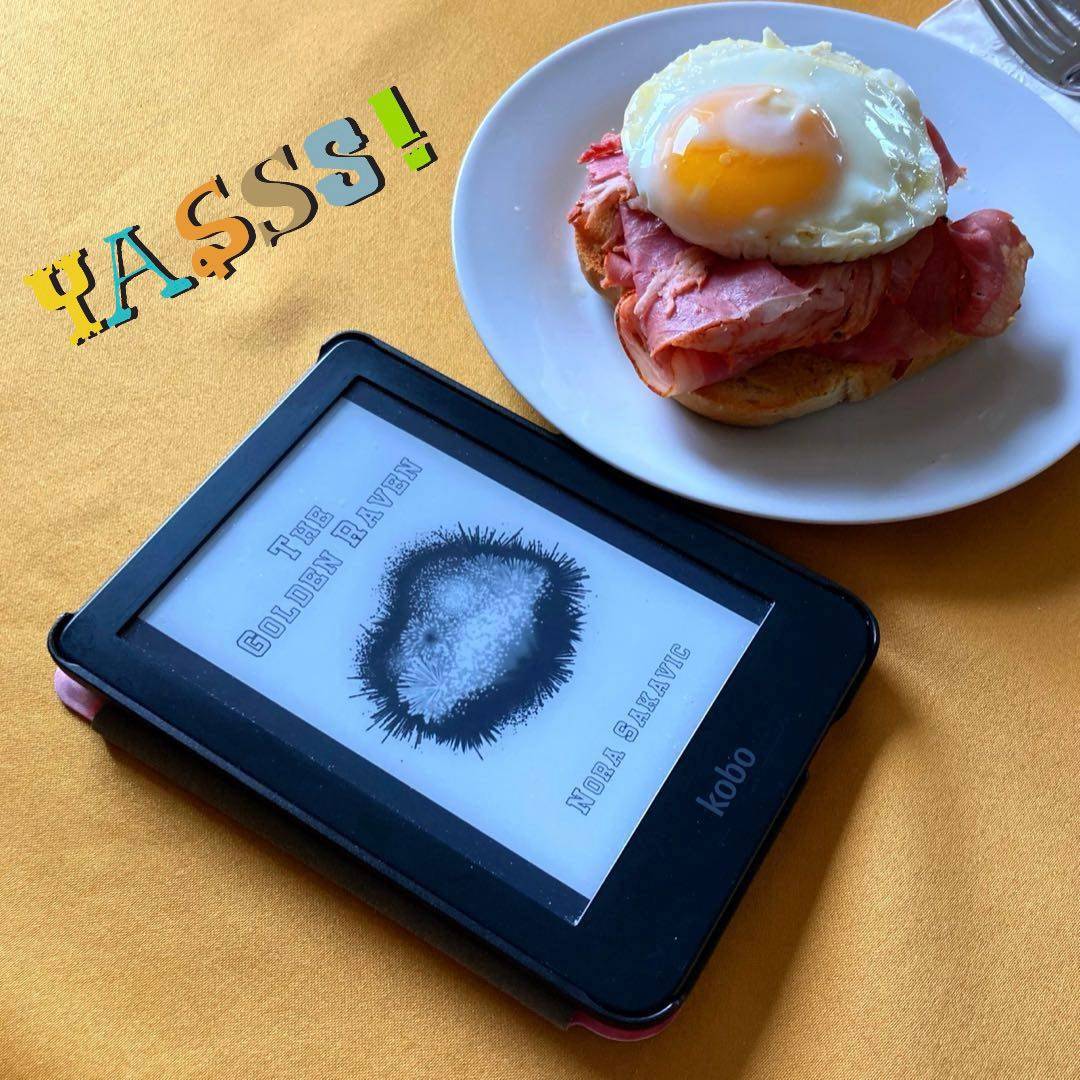
Nora Sakavic‘s new book dropped the very day I stopped regularly checking for it! Good thing Kobo sends out reminders when they know you‘re waiting on series additions.
Now I know what I‘m doing with the rest of my reading month. I bought THE GOLDEN RAVEN as soon as I got the email this morning, formally bailed on the poorly-written Shakespearean fantasy I tried last night, and dove in at lunch.
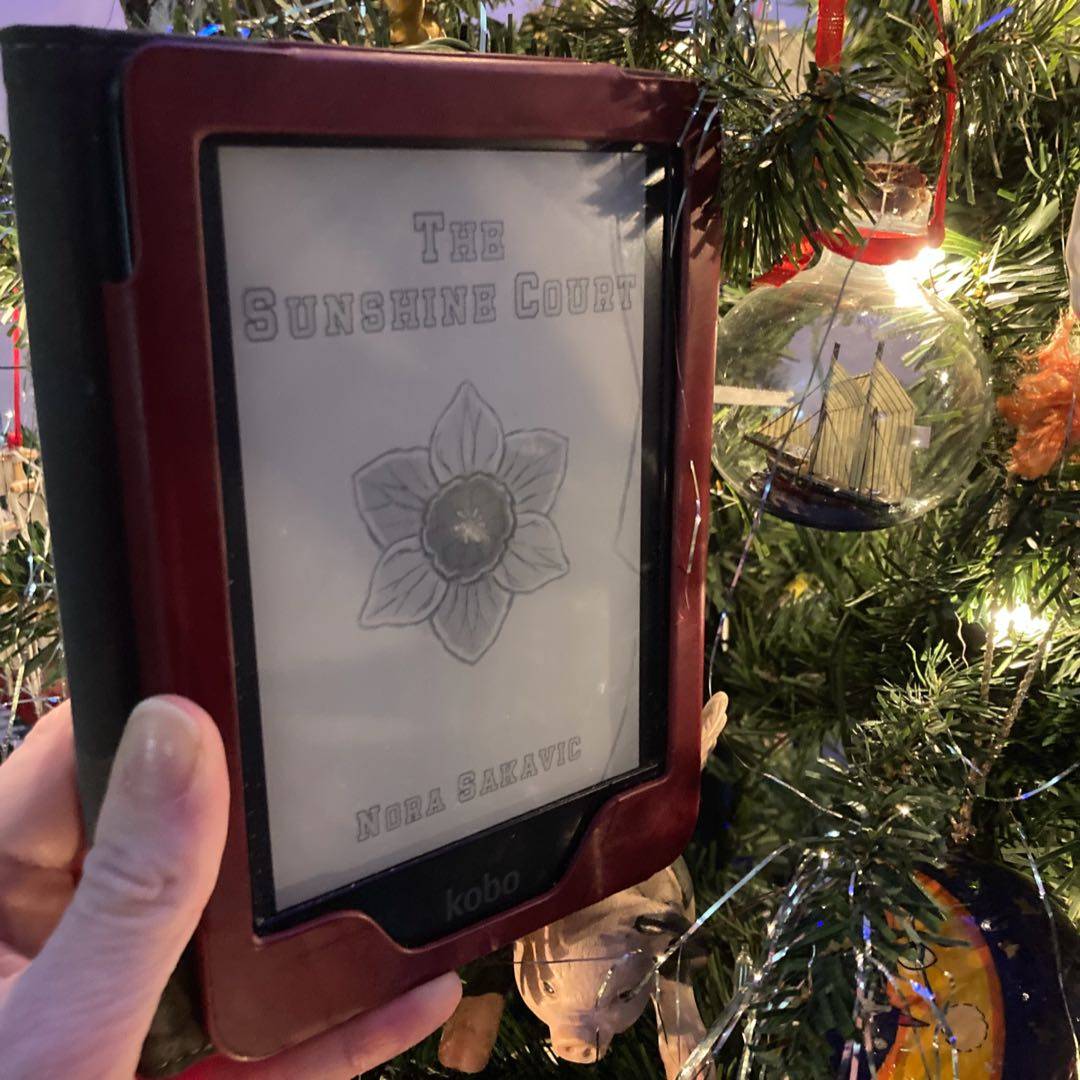
I read the first 26% of THE SUNSHINE COURT earlier, then made myself put it down so it didn‘t take over my whole evening. I think it‘s gonna wreck me and I‘m gonna thank it for doing so.
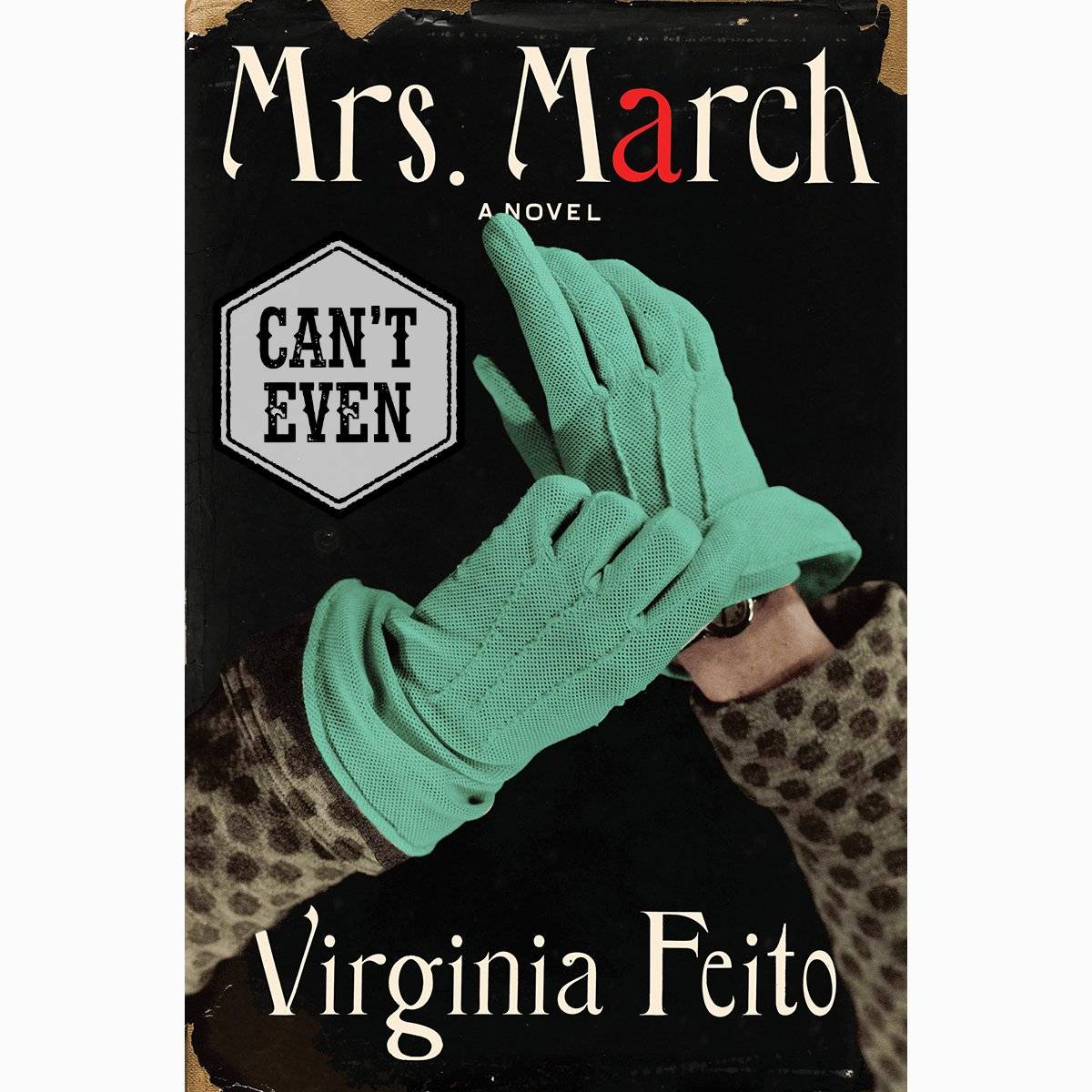
This was my #DoubleSpin for this month, and WOW was it intense! It was incredibly disturbing and most of the time I didn't want to put it down as the main character became more and more unhinged. As with most of the books Jenny Lawson has picked for her Fantastic Strangelings book club, I was left wondering what I had just read, but in a good way.

“Anna? We‘re recording.”
The camera pans up from a long crack in the linoleum floor to rest on the hunched-over frame of a girl.
#FirstLineFriday
@ShyBookOwl
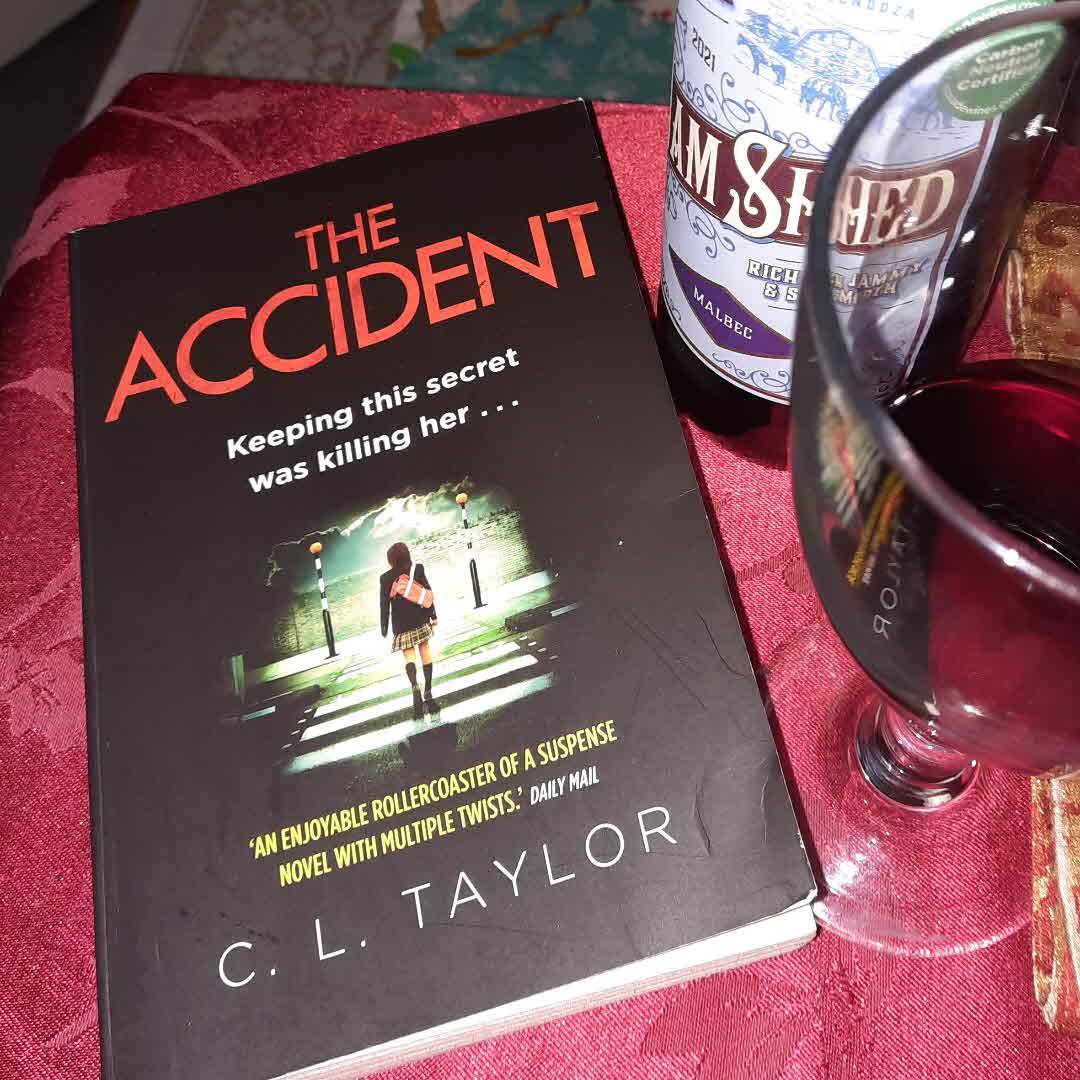
@BarbaraTheBibliophage @Cinfhen @alisiakae
I picked this psychological thriller from my tbr pile for an easy post Xmas read + it was a roller coaster read + starts my #booked2023 with a #twist.
Sue is a mother whose 15yr old dtr is in a coma after what appears to be an apparent suicide, when sue finds Charlotte's diary she suspects something is wrong which triggers memories of her life 20 yrs earlier.
I really enjoyed my August #doublespin & got some Otessa Moshfegh vibes: a main character who‘s kind of unlikeable…who‘s also going through some “stuff.” ~~~
Mrs. March is living her best life until an off-handed comment from a neighbor shop owner leaves Mrs. March paranoid and suspicious of just about everyone. ⭐️⭐️⭐️⭐️